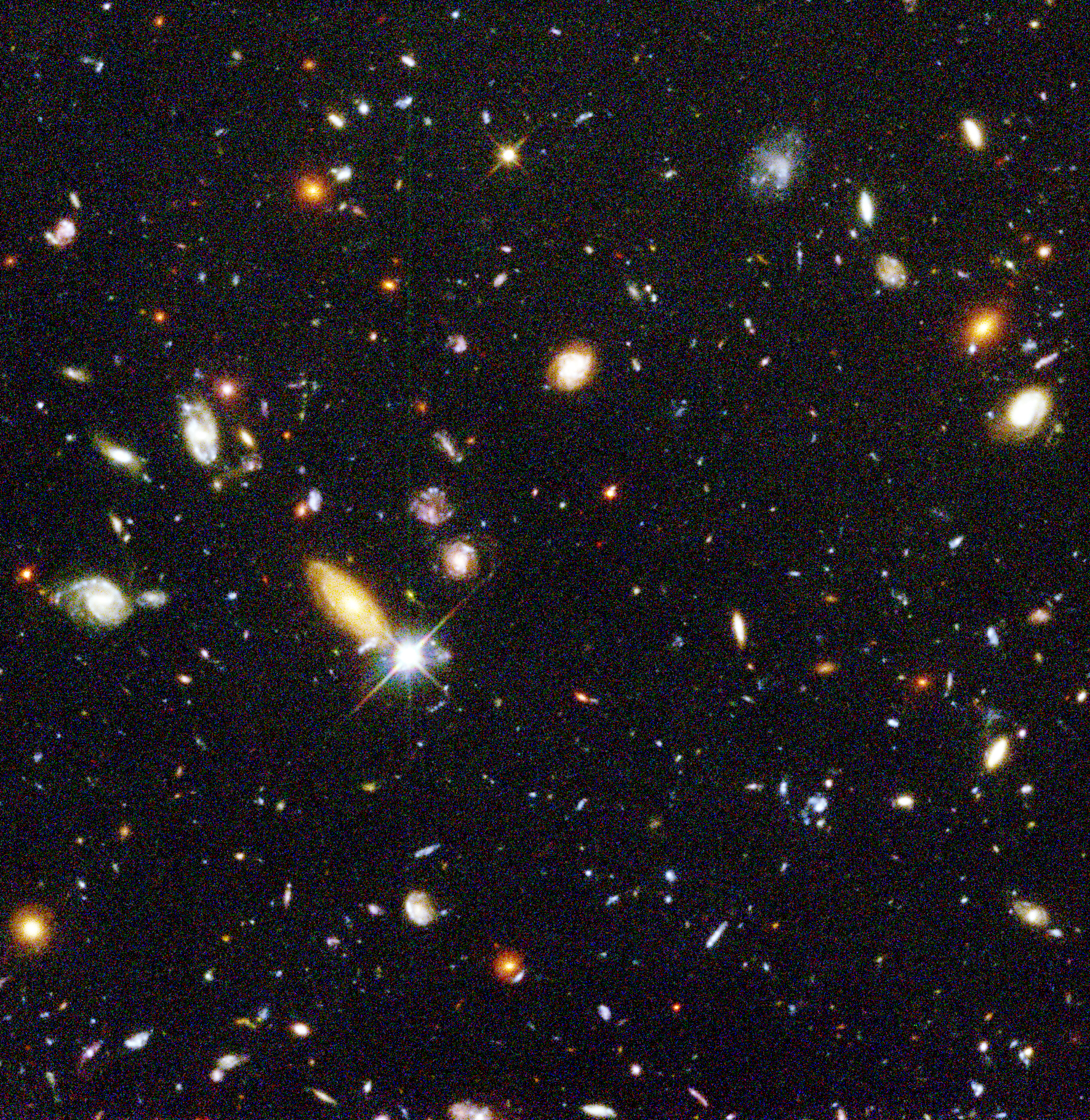Astro Scholars
Written on January 31st , 2022 by Janvi Madhani
Cover Image Credit: NASA, Hubble Deep Field, 1995.
Physics and Astronomy have a long standing history of unequal representation. Not only do these fields suffer from a lack of diversity by imposing high barriers of entry, historically, they undermine, exclude, and discourage contributions from minorities. Of the 115 Nobel Prizes that have been awarded in Physics (including Astronomy prizes), only 4 of them went to women. From Jocelyn Bell Burnell and Vera Rubin to Emmy Noether, the accomplishments of women scientists, scientists of color, and minority scientists have been systematically overlooked not only at the level of prize committees but within classrooms, labs, and all the places where physics and astronomy happen. Of all of the Physics PhDs awarded in the last three decades, less than 1% went to Black physicists, and even less to Black women. This culture of exclusion is responsible for the persisting attrition. Diversity is not justice, however. Enrolling students of a certain demographic in order to increase diversity without equipping them with the skills and opportunities that their classmates have access to is performative and harmful. When minorities find themselves in such environments, they develop grave imposter syndrome and lower self-efficacy (see Marshman et al., 2018) compared to their peers, contributing to the problem of attrition.
As a South - Asian woman, it was the mentorship of a select few scientists and peers that gave me the courage and skills to pursue astrophysics. Navigating this harsh culture, if it weren’t for the empowering mentorship of a few, the unwavering belief from my support system, along with my own various degrees of privilege that gave me access to research opportunities and the tools and technology to develop research skills, I most certainly never would have been able to pursue a PhD in Astrophysics and dedicate my life to research. I will always remember the kindness and patience of my mentors who outside of classrooms taught me how to program in Python, write compelling scientific papers, present results confidently, and introduced me and encouraged me to pursue opportunites that ended up defining my course in science; I can only hope to do for the next generation what they did for me.
Astro Scholars, under the vision and leadership of Dr. Susan Kassin, is a yearly week-long interactive school in basic programming skills, astronomy,and research, and follow-up and pre-program meetings and mentoring held at at Johns Hopkins. Astro Scholars is held every year for 10 college students recruited from local minority serving institutions and underrepresented groups from other institutions (underrepresented minorities, women, LBGTIQ, first generation, disabled, and neurodiverse). It aims to initiate underrepresented groups to the world of science, helping them feel welcome in an unfamiliar environment. The students meet with and learn from scientists at Space Telescope Science Institute, Johns Hopkins, and with underrepresented astronomers around the world through Skype.
I joined the education team in Fall 2021 and I developed a week long programming course in Python for the Astro Scholar students. I will teach this course at Astro Scholars 2022. This course aims to familiarize students with programming basics, commonly used Python libraries for data reduction and astronomical analysis, along with providing them a safe space to learn a complex subject material. Programming is the backbone of physics and astronomy research and I hope that this course not only gets them excited to develop programming skills independently, but also prepares them to seek research opportunities without feeling a barrier to entry.
Once the course is taught and I have feedback on what I should improve, I will publish it here as a free resource for anyone wishing to learn. In the meantime, here is the working version of the course.
To learn more about Astro Scholars, check out the Astro Scholars Website!